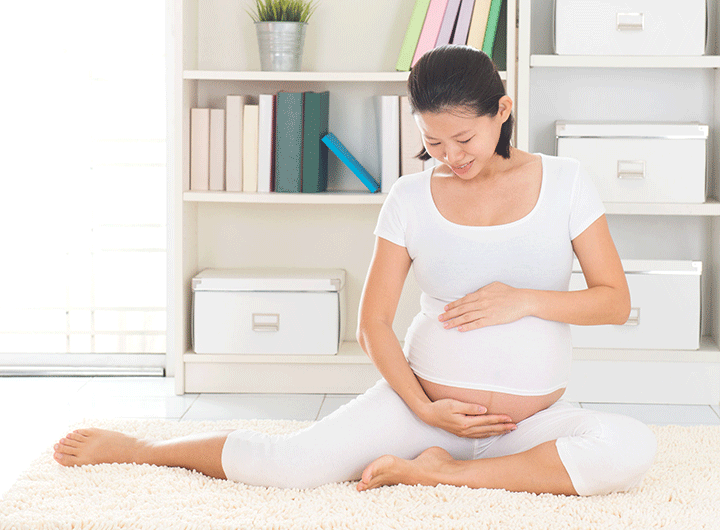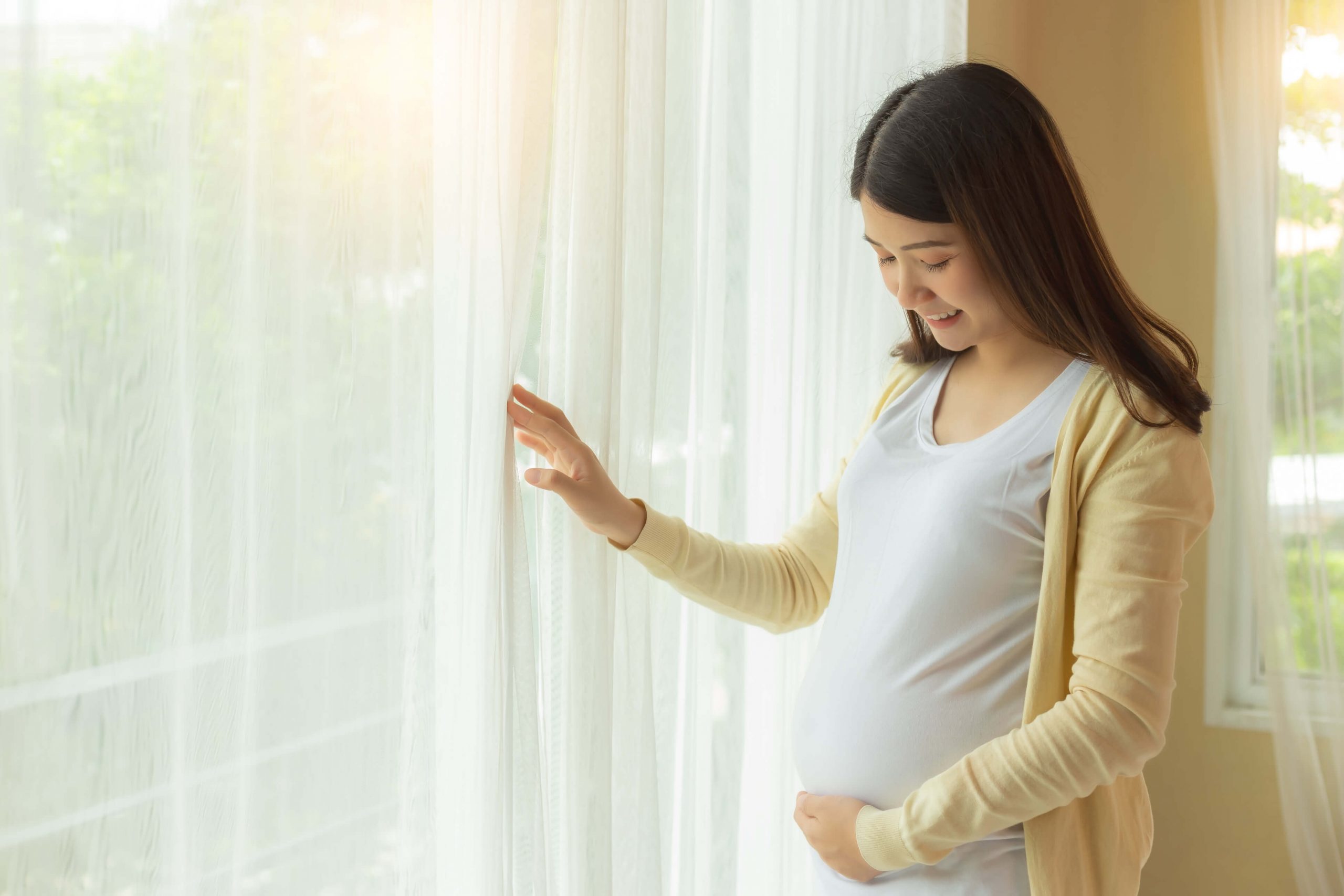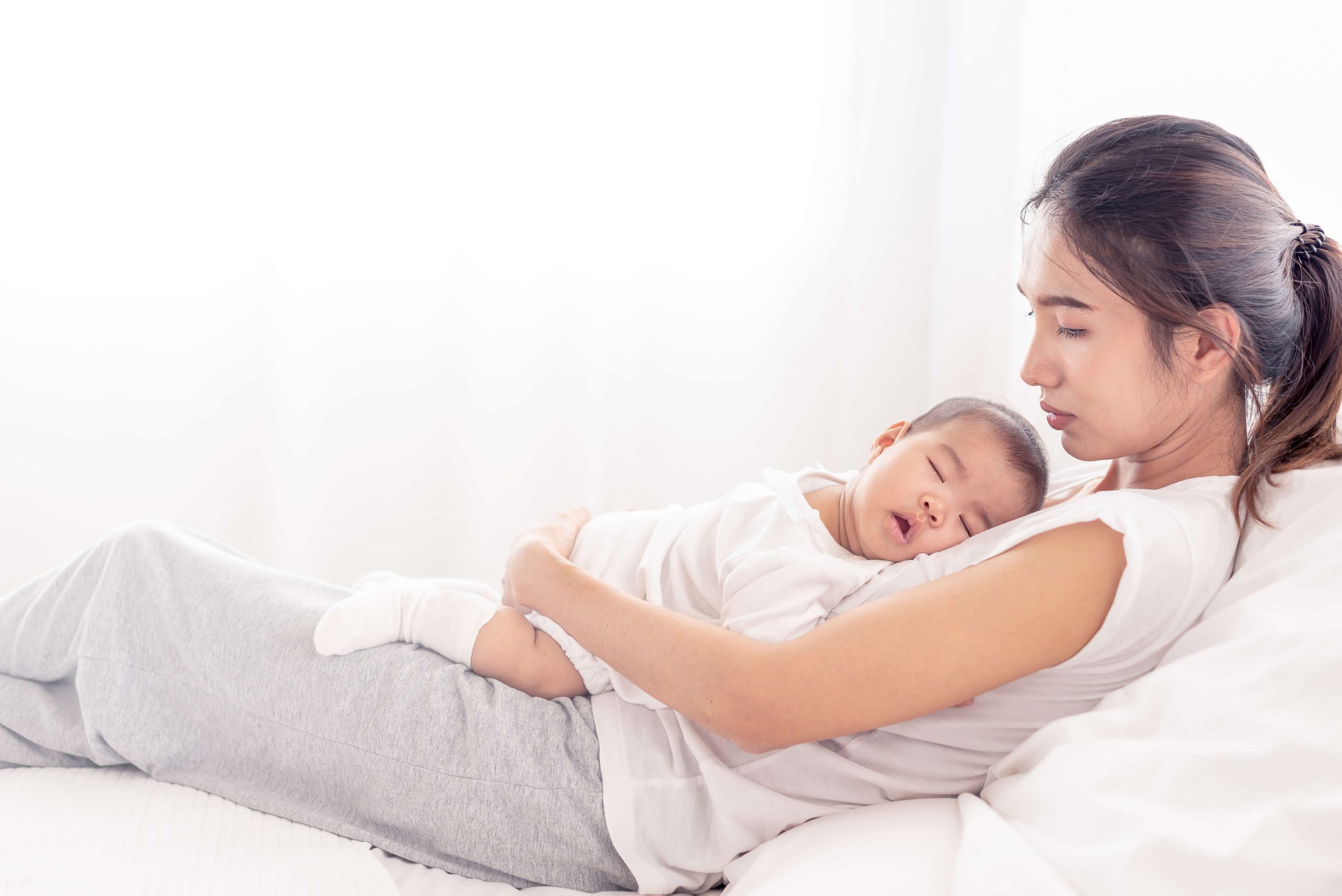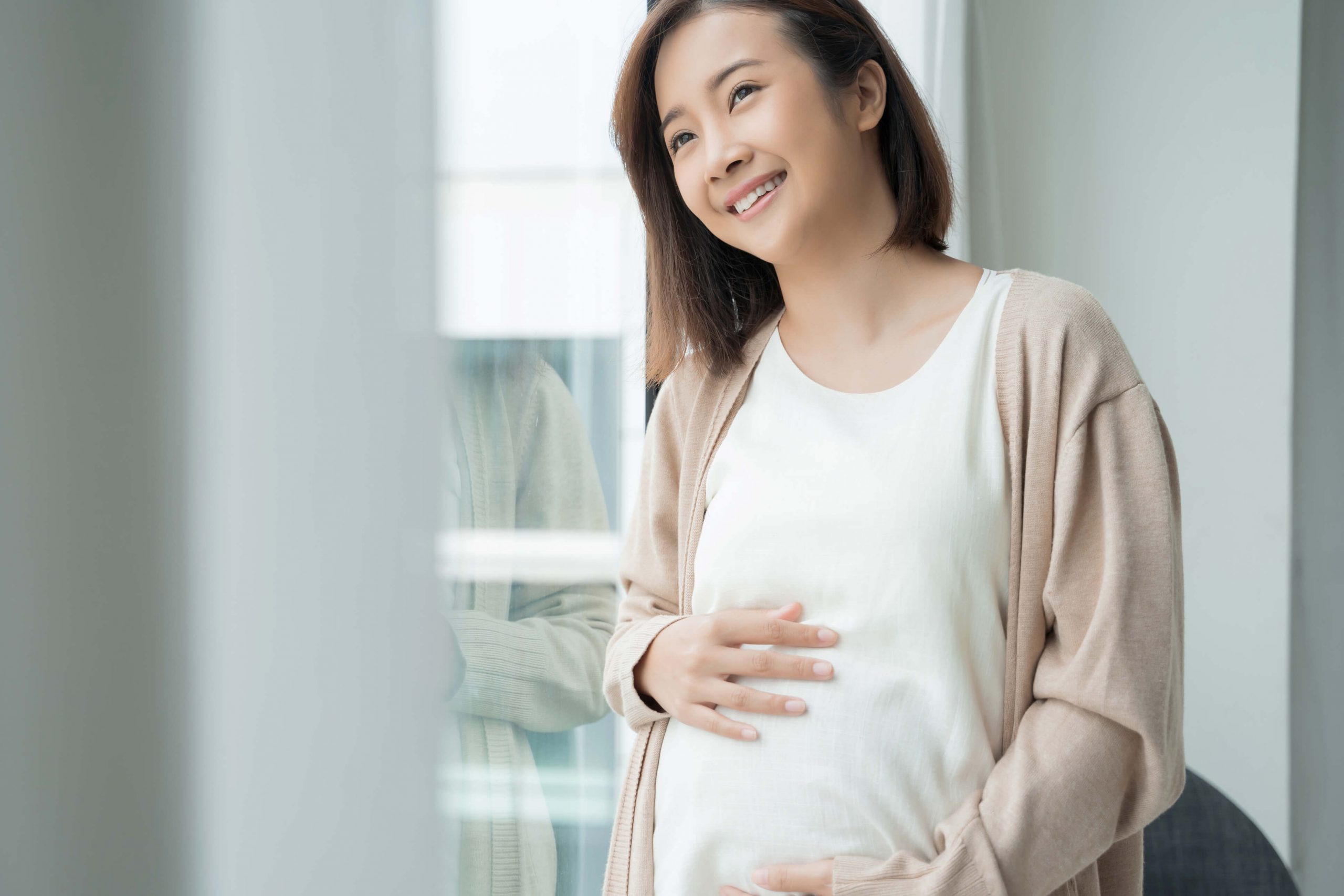Pregnancy Care
Can Covid-19, the Booster and Other Vaccinations Affect Female Fertility?
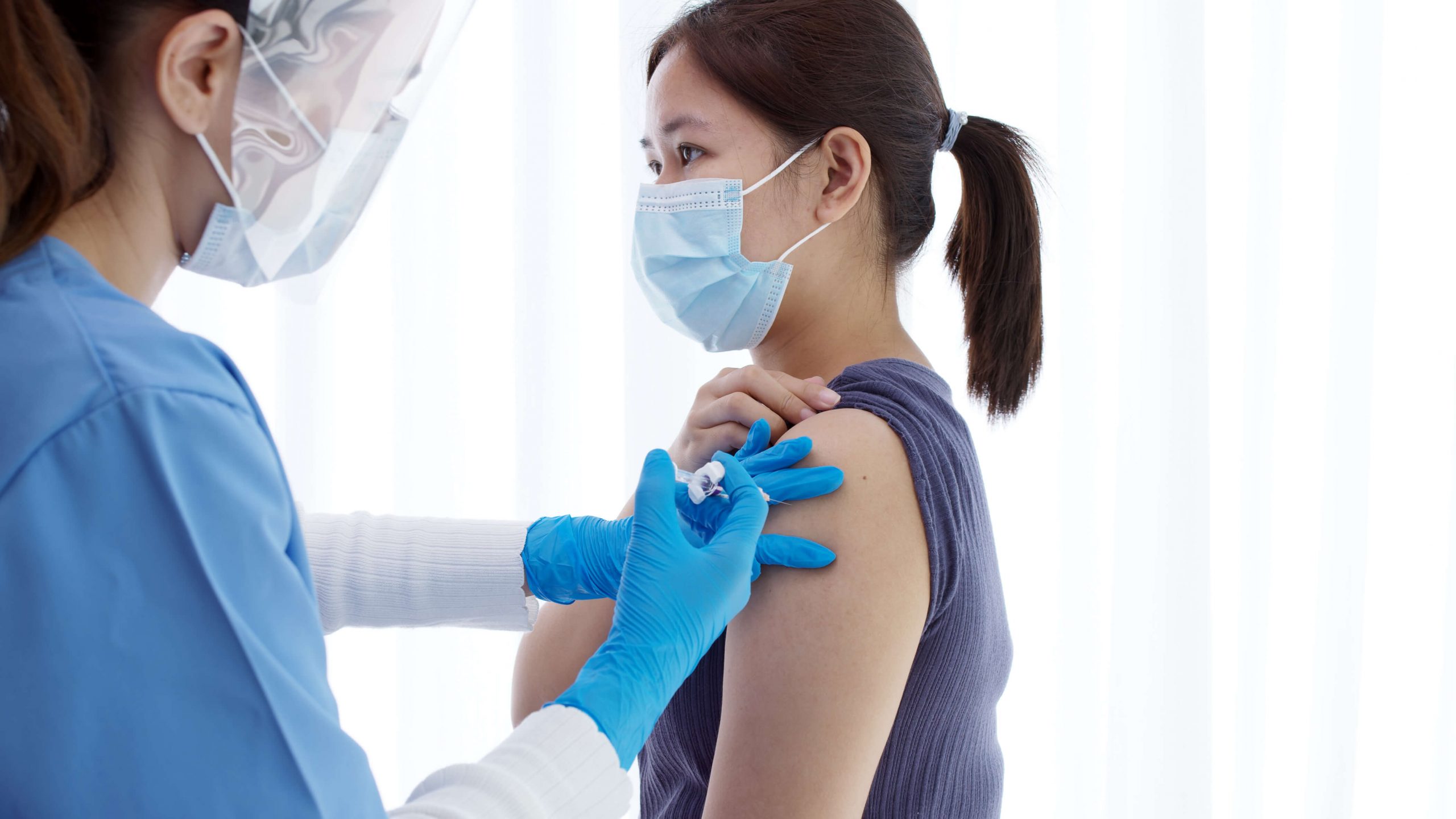
Does the COVID-19 vaccine affect female fertility?
While millions of people are being vaccinated against COVID-19, some people may have concerns that the COVID-19 vaccines may lead to decreased fertility in women. Such ideas are being shared on social media and while most of the Singapore population is already vaccinated against COVID-19 and has taken their booster shots, these media myths may have led some to refrain from getting vaccinated.
Studies on the impact of vaccines on fertility
There is no research evidence to support the claims that COVID-19 vaccinations affect the chances of getting pregnant now or in the future, or increase their risk of a miscarriage. COVID-19 vaccines have no effect on fertility, do not impact the chance of a miscarriage and are safe and effective while pregnant.
COVID-19, however, can cause severe disease in pregnant women. Pregnant ladies, breastfeeding mums and ladies trying to get pregnant may discuss this with your obstetrician & gynaecologist (O&G) if you have any concerns about the COVID-19 vaccinations, or other vaccinations offered during pregnancy such as the flu vaccination.
Where did the myth on COVID-19 affecting fertility come from?
The concerns raised during the early course of the development of these vaccines about the similarity between the placental proteins and the spike proteins of the virus seem to fuel the fear of vaccination among females.
It was hypothesised that the antibodies built against the viral spike proteins may also attack the similar-looking proteins in the placenta and hamper the implantation process, consequently leading to impaired fertility in women and increasing the chances of miscarriage. But if this theory were to be true, the antibodies that are developed after infection with COVID-19 would have to affect fertility as well, which is not the case so far. There is enough evidence that the questioned proteins are quite different and the antibodies are not a concern for female fertility.
A study has also demonstrated that the implantation rate is no different in vaccinated, unvaccinated, and previously infected females who were having In Vitro Fertilisation (IVF). The vaccine against COVID-19 is quite similar to vaccines available for routine immunisation programs and contains active ingredients with adjuvants, preservatives, and stabilizers. None of the constituents of the COVID-19 vaccine has been demonstrated to affect female fertility. The vaccines induce an immune response in the recipient and generate antibodies which are the fighters to tackle the virus when one gets exposed to COVID-19. The constituents of the vaccines are metabolized and eliminated from the recipient body leaving no remains of the vaccine in the body.
Technologies currently in use for COVID-19 vaccines are the mRNA platform, inactivated viruses, viral vectors, or subunit proteins. Live virus form is not used which has the potential to activate and cause the disease. So, establishing a link between the COVID-19 vaccines and female fertility is a myth.
Do vaccines in general affect fertility?
Vaccine sceptics have pointed out that COVID-19 vaccines alter the menstrual cycle. There are reports of heavy menstrual bleeding after getting these vaccines. HPV vaccines and Influenza vaccines are known to cause these side effects. When we stick to science, it is a known fact that there is a relation between the immune system and the menstrual cycle and these heavy periods are temporary and do not affect fertility.
In other words, COVID-19 vaccines do not stay in your body. After getting vaccinated, your body is left with antibodies ready to act in case you get exposed to the COVID-19 virus in the future. There is no link with infertility or miscarriage.
Do COVID-19 vaccines affect pregnancy?
Some news has linked COVID-19 vaccines to miscarriages. But prospective studies have demonstrated that the rate of miscarriage is similar in vaccinated and unvaccinated populations retaliating to the fact that miscarriages, which are common events, are not side effects of the vaccine itself. A well-known fact is that various viral infections are causative agents of miscarriage and Covid-19 may be one of them. So, getting a jab is much safer than not getting one.
Are booster vaccination doses safe for women looking to conceive?
Booster doses are strongly encouraged and currently being practised in Singapore as well as many other countries. The fading titers of antibodies known to protect against Covid-19 infection have prompted the possible use of booster shots. With current research, there is nothing to worry about female fertility with these jabs.
Conclusion
With mass vaccination campaigns being carried out throughout the world, no reports of increased female infertility have surfaced. There is enough literature to prove that the COVID-19 vaccine does not hamper female fertility but getting infected with COVID-19 when pregnant raises the risk of getting severe COVID-19 significantly and premature delivery.
Many infectious diseases, especially viral ones, are known to cause infertility. Hence, females who are looking forward to pregnancy are advised to get jabs for various viral illnesses like influenza, chickenpox.
There is clear evidence that COVID-19 vaccines do not affect female fertility, are safe, and should not be a reason to avoid or delay pregnancy. The Ministry of Health, Singapore (MOH) recommends COVID-19 vaccines to all people, including those trying to get pregnant, currently pregnant and/or breastfeeding.
Speak to our team of obstetricians & gynaecologists at SOG, to make a more informed decision.
WHO WE ARE
About SOG Health Pte. Ltd.
Established in 2011, SOG Health Pte. Ltd. (“SOG”) is a leading healthcare service provider dedicated to delivering holistic health and wellness services to the modern family.
With a long and established track record in Singapore providing Obstetrics and Gynaecology (“O&G”) services such as pre-pregnancy counselling, delivery, pregnancy and post-delivery care, the Group has since further expanded its spectrum of healthcare services to include Paediatrics, Dermatology, and Cancer-related General Surgery (Colorectal, Breast & Thyroid).
The Group’s clinics, under its four operating segments of O&G, Paediatrics, Oncology and Dermatology, are strategically located throughout Singapore to provide easy access to its patients.
- Obstetrics
- Gynaecology
- GynaeOncology
- Breast, Thyroid & General Surgery
- Colorectal, Endoscopy & General Surgery
- Dermatology
- Paediatrics
Consult With A Specialist From SOG
Visit one of our specialists today to learn more about your health!
Recommended Specialists
Book An Appointment
Fill up this form and our clinic will get back to you shortly.
For general enquiries, please click here.
